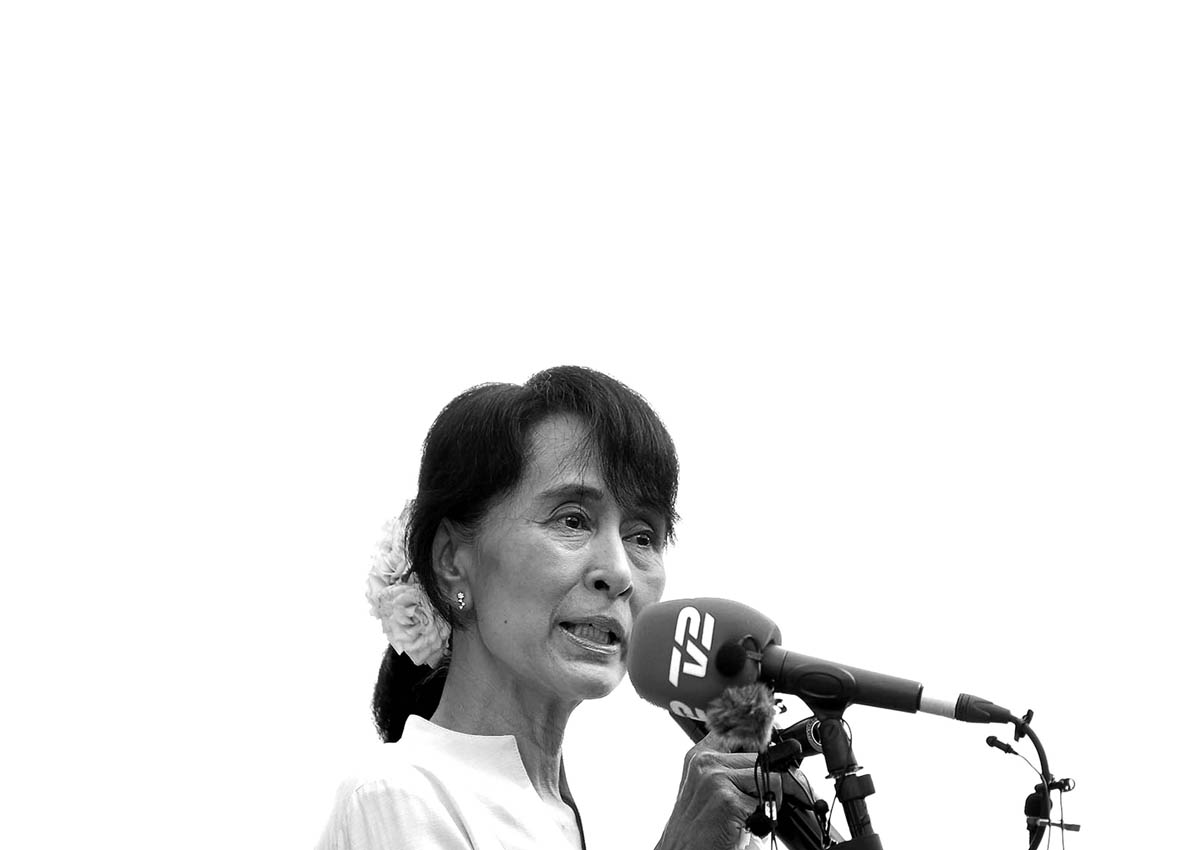The success of the ongoing political transition in Myanmar is critical not only for the stability of the South-east Asian country, but also for that of the wider region.
Come April 1, the country of 53 million, long controlled by a powerful military, will get a popularly elected government led by the National League for Democracy (NLD).
Myanmar lies at the crossroads of ASEAN, India and China: Its stability is essential to ASEAN’s plans for greater connectivity with India, to India’s own “Act East” policy, and to China’s southern connectivity. Beijing will welcome the opportunity to engage with the new government after a cool relationship with the current one.
Myanmar’s economy, choked by repressive military rule, underperformed for decades. But investments have poured in since political and economic reforms in 2011. The World Bank estimates that Myanmar’s growth was 8.5 per cent in real terms in 2014/2015. If this continues, it could turn into a powerhouse exporter of energy and agricultural produce in just five to 10 years.
The key to Myanmar’s stability must be not only sensible economic policy, but also a good working relationship between the still powerful military and the new civilian government. Thus far, pragmatism and consensus have prevailed.
Just as crucial is the relationship between the NLD’s strong-willed leader Aung San Suu Kyi and its candidate for president, Mr Htin Kyaw. Their personal ties go back to their parents’ generation.
It is important that this relationship remains seamless, or else factionalism and centrifugal forces – both of which Myanmar is known for – will reassert themselves.
If reforms are derailed by political uncertainty and instability, Myanmar will yet again be a nation-in-waiting, rather than one unleashed.
nirmal@sph.com.sg

This article was first published on March 12, 2016.
Get a copy of The Straits Times or go to straitstimes.com for more stories.





